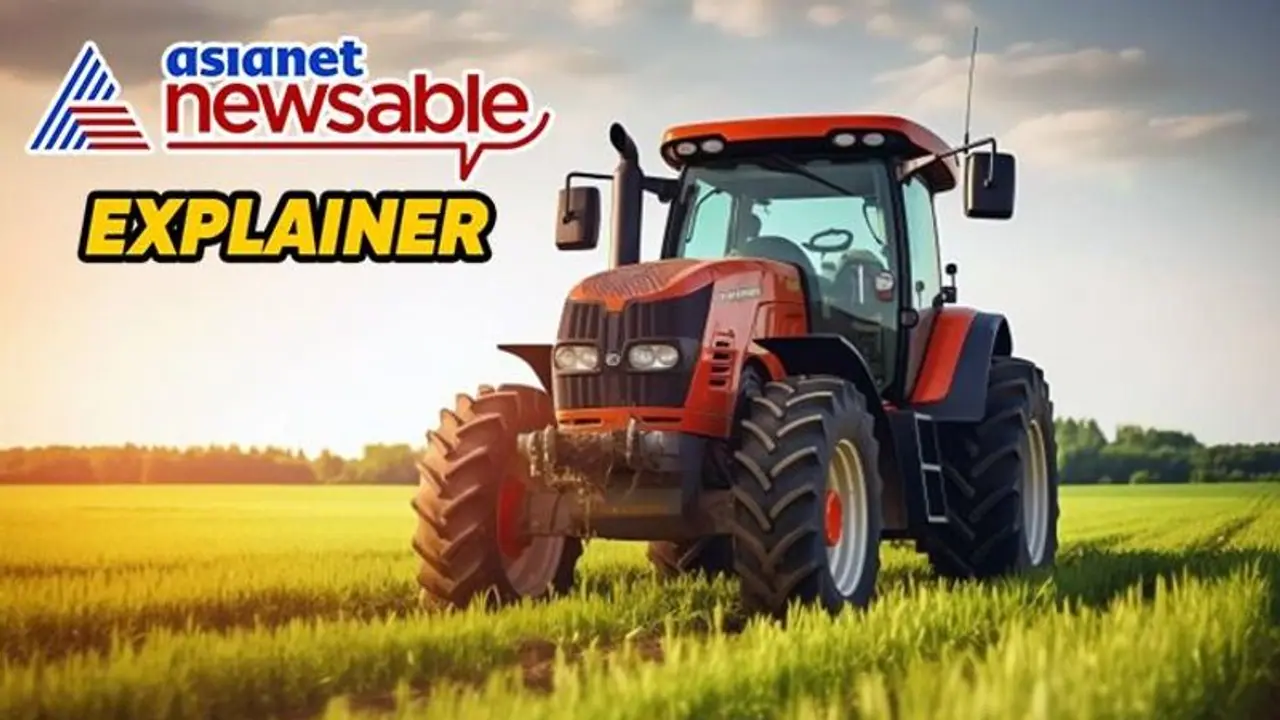Farmers in the Paris region are planning a "siege" on the French capital, demanding better pay, tax reforms, and regulatory changes. This is despite Prime Minister Gabriel Attal announcing measures to address farmers' concerns
Farmers' leaders in the Paris region have declared plans to stage a dramatic "siege" on the French capital next week, intensifying their demands for improved pay, tax reforms, and regulatory changes. The FNSEA farmers' union and Jeunes Agriculteurs ("Young Farmers"), representing a majority of farmers nationwide, announced that on Monday afternoon, they will initiate an indefinite siege of the capital.

The farmers' unions have pledged to occupy all major roads leading to Paris, using their tractors to block traffic. The movement, which advocates for better remuneration, reduced bureaucratic hurdles, and protection against inexpensive imports, has gained momentum across the country. Farmers have utilized their tractors to shut down roads and deposited agricultural waste at government offices, emphasizing their discontent.
While some roadblocks were being lifted, significant disruptions persist, with the A7, a major highway in southern France, remaining closed. President Emmanuel Macron's newly appointed Prime Minister, Gabriel Attal, unveiled a set of measures during a visit to a southern French cattle farm on Friday. These measures include streamlining technical procedures and a gradual reduction in diesel fuel taxes for farm vehicles.
Attal confirmed France's continued opposition to the EU-Mercosur free-trade deal, addressing farmers' concerns about unfair competition from Latin American countries. Despite the government's announcements, both major farmers' unions have rejected the proposals, asserting that they do not go far enough.
These protests in France reflect wider discontent in agricultural regions across the European Union. The heavily subsidized sector has become a contentious issue ahead of the European Parliament elections, with populist and far-right parties hoping to capitalize on rural dissatisfaction with free trade agreements and rising costs exacerbated by geopolitical events.
While European farmers in countries like Germany and Romania have also staged demonstrations, the French protests have a distinct local political flavor. France, being the EU's largest agricultural producer, hosts thousands of independent producers of meat, dairy, fruits, vegetables, and wine, known for their propensity to organize disruptive protests.
Despite overwhelming public support for the farmers' cause, reaching up to 90%, farmers argue that French consumers, grappling with financial challenges and swayed by supermarkets, do not consistently prioritize locally produced goods in their shopping choices.
